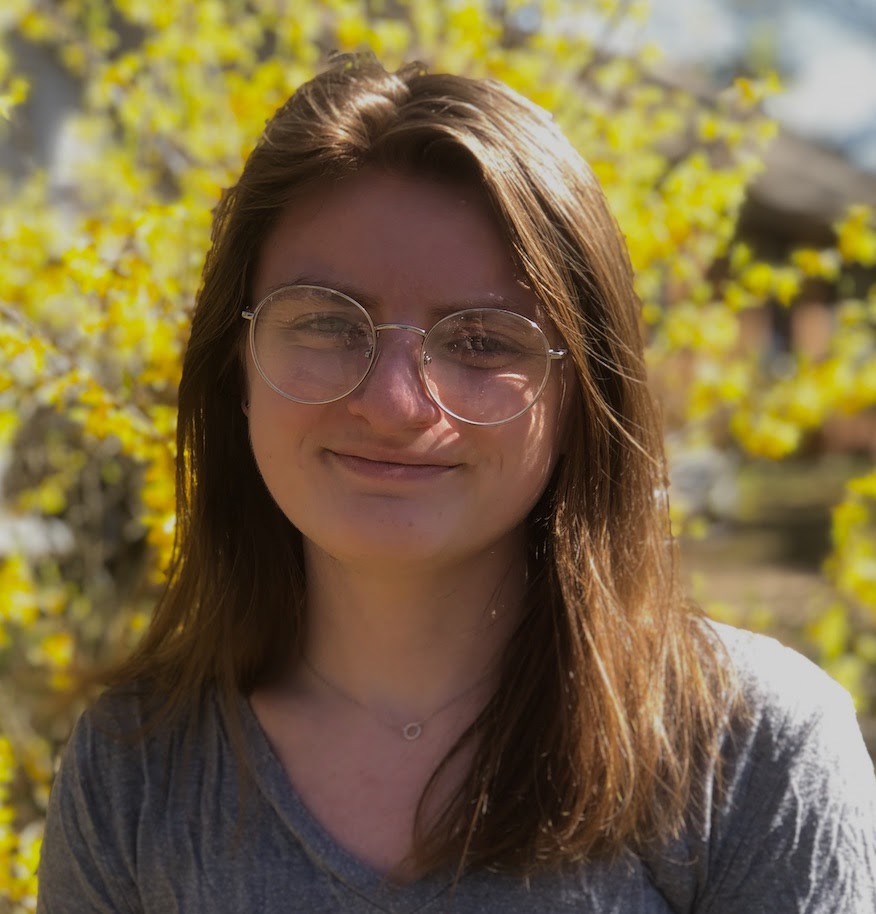“You actually can feel this battlefield.“ – General David Petraeus, War in Ukraine.

The Renew Democracy Initiative sat down with General David Petraeus to discuss how the war in Ukraine is changing the future of warfare. General David Petraeus led the 101st Airborne division during the invasion of Iraq. He then rose to the rank of 4-star general, taking command of US and coalition forces in Iraq in […]
Democracy Doesn’t Exist in a Vacuum

Garry Kasparov: I Looked at the Map

https://www.youtube.com/watch?v=WP0CneqRcDs When Russia launched its brutal invasion of Ukraine over one year ago, seemingly everyone was shocked, but not Garry Kasparov. Kasparov has warned about Russia’s full-scale invasion of Ukraine since 2014, but his calls fell on deaf ears. For two decades, the West tolerated Putin despite his hostility towards sovereign nations. They believed that […]
Why Didn’t Germany Wake Up to Putin? Ret. US General Explains – Episode 6

Ukrainian vs. Russian Special Forces

Should You be Concerned About a Nuclear War?

ATACMS Missiles Will Bring Russia to Tears – The War in Ukraine with General Ben Hodges – Episode 5

Helsinki’s Giant Bomb Shelters – The War in Ukraine with General Ben Hodges – Episode 4

“All Roads Lead to Crimea.” – The War in Ukraine with General Ben Hodges – Episode 3

“Where is The Russian Navy?” – The War in Ukraine with General Ben Hodges – Episode 2












